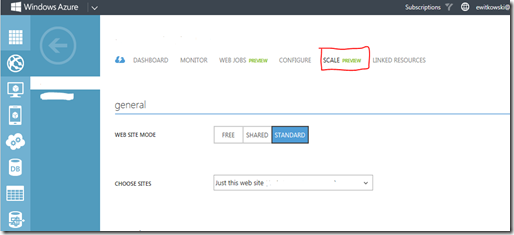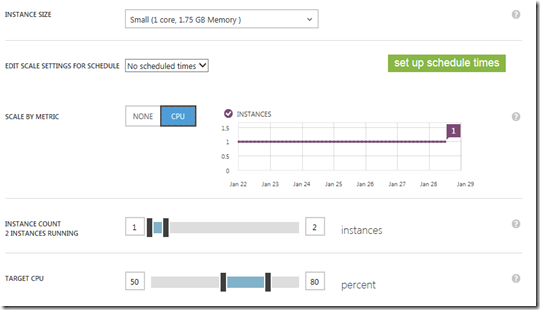 Brain Rules: 12 Principles for Surviving and Thriving at Work, Home, and School by John Medina
Brain Rules: 12 Principles for Surviving and Thriving at Work, Home, and School by John MedinaMy rating: 4 of 5 stars
John Medina is one heck of an individual. If I learned anything (and I like to think I learned lots) from his writing, it is that the human mind is as understood as the universe, or the meaning of life itself. We have idea's and theories on how the mind works, from creating memories to dealing with emotion, but many turn out to be unproven, are contradicted by theories in place, or in-turn disprove a previously believed notion. In the end, the small space above our eyes, ears and nose is an incredibly complex space that we'll be lucky to have some basic understanding of in our lifetime.
I enjoyed reading Medina's book because he is a very good writer, and doesn't inundate you with too much science. He is an excellent teacher, and his writing shows that. I think I didn't enjoy this book enough to give it 5/5 stars because I thought the title and opening chapter was somewhat misleading. I had the impression that this book was "understand these 12 things and boost your brain power!"... not that I thought it was meant to rival the fake medical ad's you find on TV at 5 AM, nor that I thought it was just that, but the first chapter spoke in wonderful detail about the power of exercise, and how it promotes positive cognitive growth and power because of blood and oxygen flow. So after reading the title and opening chapter, I'm thinking "Cool.. I know something I can *do*". I feel that is where that concept stopped. The remaining 11 chapters were more "Did you know that we don't know how the brain does this?"
So all in all, did I learn something from this book? No doubt.. I learned many things (ask my wife, I didn't shut up about the insights from this book for weeks), but what I thought the book was offering, and then what it offered were 2 different things.
All that being said, I still highly recommend John Medina. For any parents out there, his other book (Brain Rules For Baby - https://www.goodreads.com/book/show/8...) is a must read for anyone who has procreated in the past 20 years. Why?.. because we don't know much about the brain, but what we do know, John does an excellent job telling us.
View all my reviews





